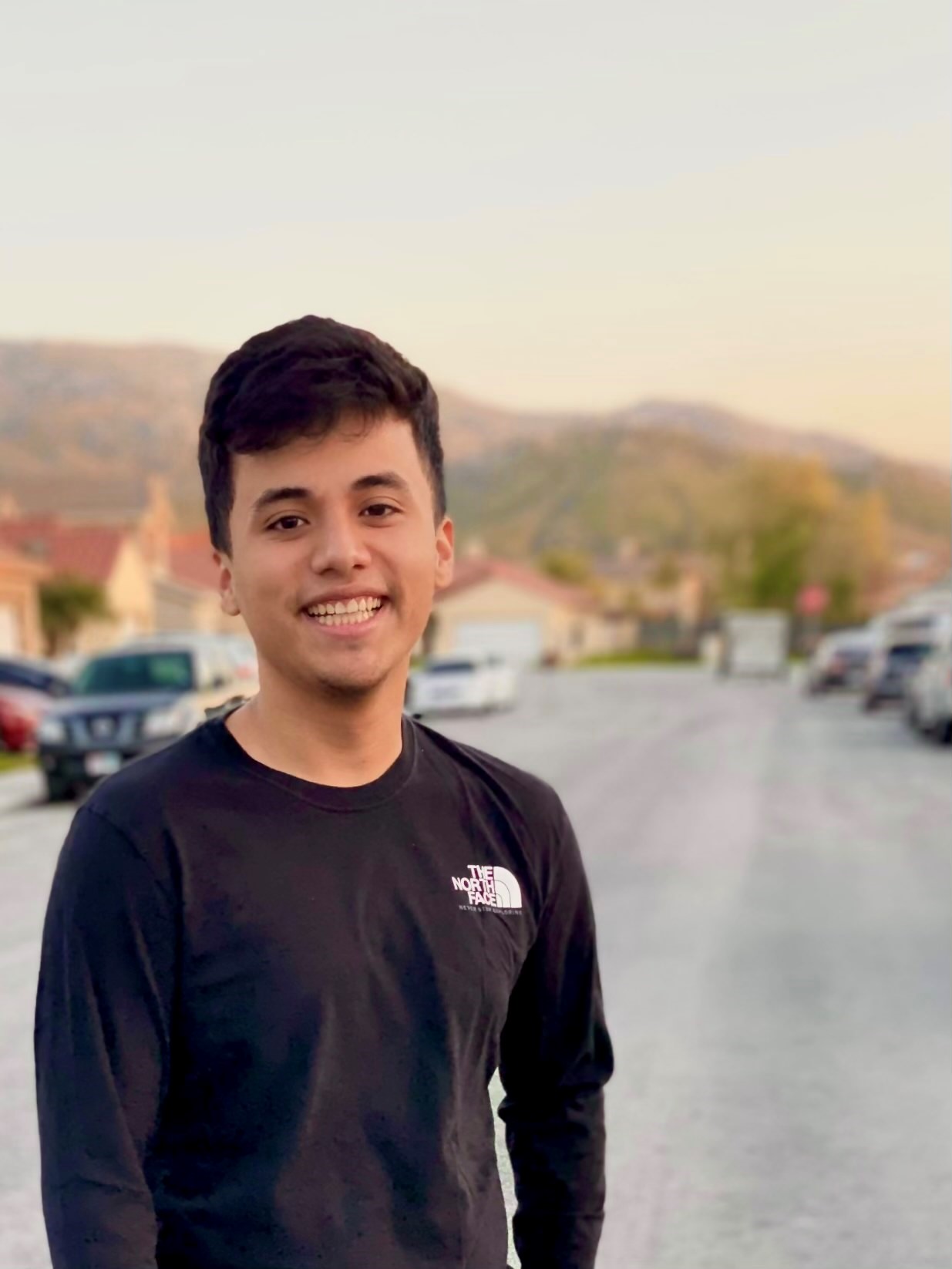
More than 500,000 students have earned early college credit before High School graduation since 2010
SPRINGFIELD – Over the last decade, Illinois’ Dual Credit Program has seen a steady enrollment increase of more than 5.9% annually with more than half-a-million students earning over 3.1 million college credits while still in high school. The program allows students across the state to earn college credit while still in high school and save money after graduation.
“ Giving students the chance to get an early start on their college education not only helps reduce the financial burden of rising tuition costs but improves the likelihood that students succeed in college,” said ICCB executive director Brian Durham.
Dual credit programs administered through the Illinois Community College Board (ICCB) allow academically qualified high school students to explore various academic areas and experience the rigor of college-level coursework. Upon successful course completion, students earn both high school and college credit.
Michelle Escobedo, 19, found her path to a culinary arts degree at Joliet Junior College through dual credit courses at Plainfield High School. “The dual credit classes I took gave me knowledge, but also insight. Because of those things, I felt more comfortable going to college,” she said.
“I really enjoy the challenge of earning college credits and I think it’s a great opportunity. The classes helped me improve my writing a lot. I know writing is a skill I will need to master. I encourage other high school students to earn college credits because it helps you figure out what your interests are in life and gives you more direction on career choices,” said City Colleges of Chicago Student Kevin Estrada.
Mario Khazoum is getting a jump start on his associate degree while still in high school through Parkland College’s Early College Program. “I liked the idea of obtaining dual credit and I wanted to get some classes done early so I have more time for studying when I am in college. In addition, they have allowed me to sharpen my focus, honing in on specific areas within my field that interest me,” he said.
A new report released by the ICCB found that for those students who took dual credit, the rate at which they completed college was 20% higher than for those students who did not take dual credit. This finding was especially true for who are traditionally underserved in higher education.
The value of the Dual credit program speaks for itself with an increasing number of high school students earning early college credits each year over the past decade.
| Fiscal Year | Total Students Dual Credit |
Total Dual Credit Enrollment Hours | Total Dual Credit Earned Hours |
% of Dual Credit Hours Earned |
| FY11 | 41,645 | 247,900.50 | 228,292.50 | 92.1% |
| FY12 | 45,365 | 275,173.50 | 264,688.50 | 96.2% |
| FY13 | 49,763 | 303,766.00 | 292,529.50 | 96.3% |
| FY14 | 50,091 | 309,834.50 | 296,689.50 | 95.8% |
| FY15 | 51,718 | 327,140.00 | 313,214.00 | 95.7% |
| FY16 | 54,871 | 342,716.00 | 327,990.50 | 95.7% |
| FY17 | 57,897 | 352,803.00 | 338,666.50 | 96.0% |
| FY18 | 59,039 | 360,273.00 | 345,610.50 | 95.9% |
| FY19 | 64,106 | 386,796.00 | 372,053.09 | 96.2% |
| FY20 | 69,299 | 409,873.00 | 388,864.50 | 94.9% |
| Total | 543,794 | 3,316,275.50 | 3,168,599.09 | 95.5% |
Throughout the last 10 years of the Dual Credit program, student enrollment has increased by an average of 6.6%, and more than 8% in each of the last two years.
About the Illinois Community College Board
The Illinois Community College Board (ICCB) is the state coordinating organization for the Illinois Community College System – the third largest in the country and the leading public workforce development trainer in the state. The ICCB has statutory responsibility for administering state and federal grants to community college districts and adult education providers and managing high school equivalency testing for Illinois. Illinois community colleges serve over 600,000 residents each year in credit, noncredit, and continuing education courses. Illinois is home to 48 colleges in 39 community college districts which provide high quality, accessible, cost-effective educational opportunities to the entire state.
![]()
